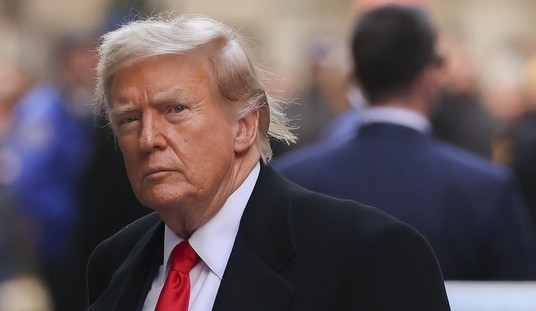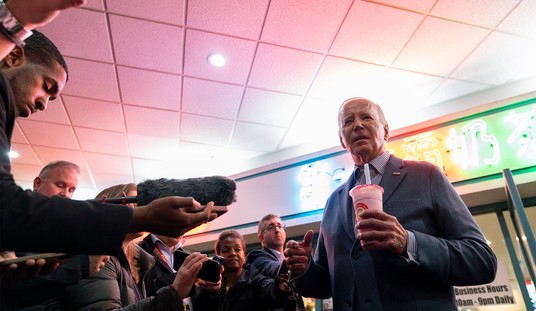I have a trip report up at Pajamas Media’s main page entitled, “On the Streets of Beirut”. Its subject is the political situation there as I saw it, and my own personal hopes for the region. The basic takeaway is this: a large number of Lebanese want to govern their own affairs. Whether they will succeed depends in large part upon what the great powers do next in their quest for a comprehensive solution to the tensions of the Middle East. There will be horsetrading in that quest to be sure; who will be traded — that is the question.
The problem with describing a recent and vivid experience is to separate the impressions from the dry facts. And while there’s nothing in my article that is factually new; and at one level it could have been written entirely from secondary sources, those can never convey the human and emotional context of a time and place. And that’s important because ultimately it is people who act on people to implement policy; it is not a question of gears turning gears.
But it isn’t easy to know where to put the little things, the fleeting images in a trip punctuated by discussions with senior figures. After all, the group which was sponsored by the Lebanese Rennaissance Foundation had long and serious talks with the Minister of State Nassib Lahoud, Walid Jumblatt, Samir Geagea, PM Fouad Siniora and others — not to mention representatives of the Muslim Brotherhood and the liberal Shi’a. There was all this important and statesmanlike stuff. Where did one put, in that stately train of thought, the memory of a bread cart, or a man carrying his daughter at a pro-democracy rally? What value did one assign the observation that a very important man had a self-deprecating sense of humor or that one could appreciate the tragic burden of being the king of the Druze?
And moving closer in it is tempting to write a piece about the participants of the trip itself such as ‘What I learned about the Think Tank World and Journalism’ or ‘What’s a Blogger Doing Here?’ Or it might be possible to stream out impressions: what it’s like to ride out after midnight in a taxi for a place you never been to in a city you’ve never visited; about passing through a milieu where bravery and treachery, loyalty and deception, beauty and death coexist easily. In the end I decided that all that these little impressions could provide was proof that you had been there, like the Time Traveler’s flowers in HG Wells’ classic story.
Rightly or wrongly those flowers of memory provide an emotional impetus that would not otherwise exist to spread the message that there are Lebanese who want Democracy; they want it because like they are men like us. I didn’t have to say it before, but not to say it now would be to betray people I had come to know. “Love,” John Le Carre said, “is whatever you can still betray”. I will not do that; I will not betray. Not on account of the great men, but on account of the bread cart, on account of the little things.









Join the conversation as a VIP Member